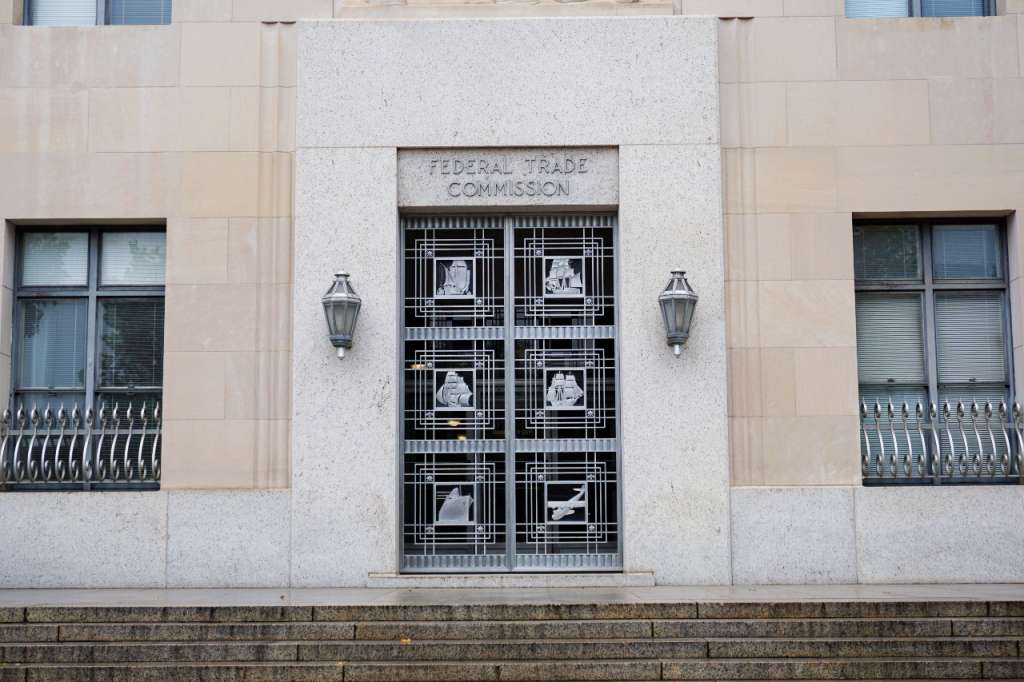Super Lawyers Honors 2025 Kotz Sangster Attorneys

Kotz Sangster is pleased to announce the recognition of our attorneys as 2025 Michigan Super Lawyers and Rising Stars.


– Written by Bethany Sweeny
On January 5, 2023, the Federal Trade Commission (“FTC”) issued a proposed rule that would ban the use of non-compete clauses, also known as restrictive covenants, in employment agreements. It is the position of the FTC that non-competes constitute an unfair method of competition and therefore violate Section 5 of the Federal Trade Commission Act. An overview of the text of the proposed rule can be found here.
The proposed rule is very broad, and its application would be far-reaching. For example, it defines a “non-compete clause” to mean a contractual term that blocks a worker from working for a competing employer, or starting a competing business, within a certain geographic area and period of time after the worker’s employment ends. It defines a “business entity” as a partnership, corporation, association, limited liability company, or other legal entity, or a division or subsidiary thereof, and a “worker” as a natural
person who works, whether paid or unpaid, for an employer. The term includes, without limitation, an employee, individual classified as an independent contractor, extern, intern, volunteer, apprentice, or sole proprietor who provides a service to a client or customer.
The FTC has also set its sights on “contractual terms” that it believes may be “de facto” non-compete clauses. This would include a non-disclosure clause, frequently used in many employment documents. The proposed rule would ban such terms if it “is written so broadly that it effectively precludes the worker from working in the same field after the
conclusion of the worker’s employment with the employer.”
The proposed rule makes clear that it would supersede any State statute, regulation, order, or interpretation to the extent that such statute, regulation, order, or interpretation is inconsistent with it.
One exception: the rule would not apply to a non-compete clause entered into by a person who is selling a business entity or otherwise disposing of all of the person’s ownership interest in the business entity, or by a person who is selling all or substantially all of a business entity’s operating assets, when the person restricted by the non-compete clause is a substantial owner of, or substantial member or substantial partner in, the business entity at the time the person enters into the non-compete clause. The proposed rule defines “substantial owner, substantial member, or substantial partner” as an owner, member, or partner holding at least a 25% ownership interest in a business entity.
This rule would have widespread and significant impact on employers, who rely on non-competes to protect their trade secrets and confidential information, and to prevent former employees from working for a competitor. It is expected that there will be significant litigation over whether the FTC has the authority to ban non-competes, and, if the proposed rule becomes final, the implementation of the rule.
Originally, the deadline for submitting public comments on the proposed rule was March 20, 2023, but on March 6, 2023, the FTC voted to extend the public comment period until April 19, 2023. The public comment period has ended. Now, the FTC could publish a final rule or adopt alternatives to the proposed rule.
If and when the rule becomes final, compliance would be required within 180 days after the date of the publication of the final rule. Importantly, this proposed rule is not final, and it is not yet in effect. However, employers should now begin to inventory which current and former employees are subject to a non-compete, should the rule become final and take effect.
Kotz Sangster continues to monitor this situation and will provide updates as additional information becomes available.